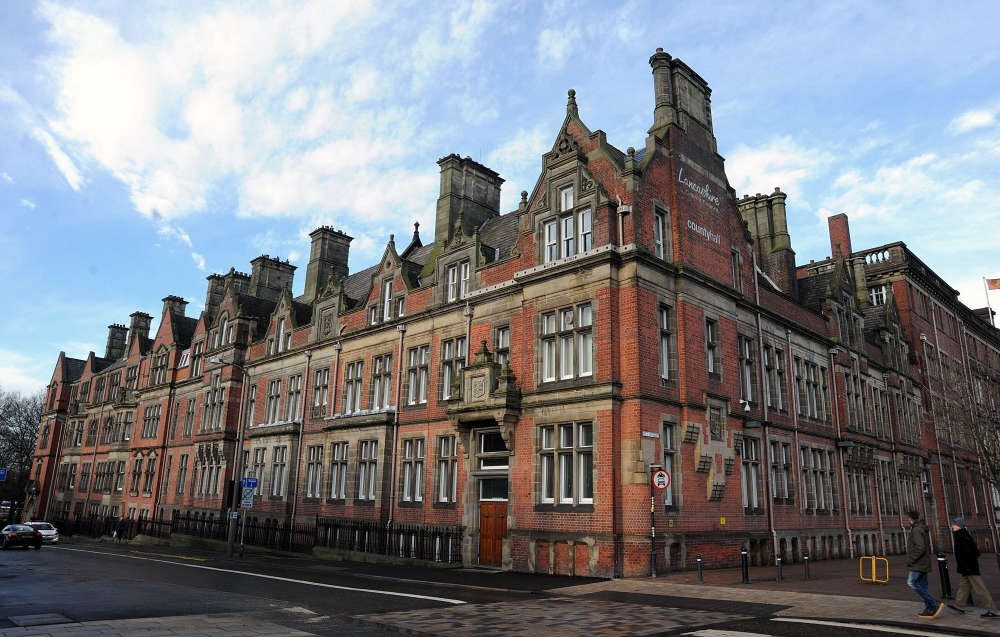
The government could be asked to cancel some of the local elections scheduled to take place in Lancashire next year, the Local Democracy Reporting Service (LDRS) understands.
The residents of seven council areas are due to head to the polls in May 2026 – Blackburn with Darwen, Burnley, Chorley, Hyndburn, Pendle, Preston and West Lancashire.
However, each of those authorities – together with the other eight in Lancashire that do not have elections next year – are due to be abolished in 2028 as part of a government-ordered shake-up.
Lancashire’s 15 councils are all currently in the process of drawing up proposals for the handful of bodies that will replace them, which ministers have demanded to see by 28th November.
The LDRS can reveal that as part of that work, the seven authorities with elections due in 2026 will have the opportunity to make the case for their cancellation, based on the fact the councils will cease to exist just two years later.
While none have so far publicly admitted that they will be making such a request, only one – Pendle – overtly ruled it out when asked.
The government says “strong justification” would be required in order for it to sanction the scrapping of the planned votes. However, the Labour administration gave the green light to the postponement of nine county council elections in other parts of England earlier this year, as a result of local authority reorganisation taking place in those areas – while the previous Conservative government permitted local election cancellations on its watch for the same reason.
The LDRS asked the leaders whose councils have votes scheduled for next year whether they intended to seek permission to pull the plug on the polls.
Pendle Council’s Liberal Democrat leader, David Whipp, said he was “very clear” that the elections should go ahead.
“We should not deny people’s democratic right to go and vote. As somebody who is personally up for election next year, you [might say it’s] making a rod for my own back, but [cancelling] is not the right thing to do.
“Liberal Democrats across the country were appalled that elections were deferred elsewhere this year,” Cllr Whipp added.
The Labour leader of Preston City Council, Matthew Brown, said: “There has been no communication from central government that next year’s local elections in Preston and across Lancashire will not go ahead as usual.
“Preston Labour is currently in the process of selecting our candidates for the May 2026 local elections who will stand on our record of delivery, progress and fairness for our city,” Cllr Brown explained.
Meanwhile, Hyndburn Council’s Labour leader Munsif Dad, said: “The Ministry of Housing Communities and Local Government had asked local authorities for their views on future elections, but [Hyndburn] cabinet members have not yet met to consider this matter.
“No initial view had been formed and I intend to speak to the leader of the opposition to ascertain his opinion also prior to any response,” Cllr Dad added.
The Labour leaders of Blackburn with Darwen, Chorley and West Lancashire councils and the independent leader of Burnley Council did not comment on the issue when approached. However, the LDRS understands West Lancashire Borough Council is not aware of any discussions in relation to the cancellation of elections next year.
The government has already said that elections to the so-called ‘shadow’ versions of Lancashire’s new councils will be held in May 2027, ahead of them formally coming into being in April 2028.
When asked about the fate of next year’s polls in Lancashire, spokesperson for the Ministry of Housing, Communities and Local Government said: “We are clear that the starting point is for all elections to go ahead unless there is strong justification otherwise.”
Questioned by the LDRS during a visit to Fylde last week about whether voting would happen as expected in Lancashire in 2026, Prime Minister Sir Keir Starmer said only that he would be setting out a “timeline…very soon” which would be “very clear for everybody to see”.
It is unclear whether the government would agree to allow elections to be cancelled in some areas, but to proceed in other parts of the same county.
The seven Lancashire councils with polls due next year all hold elections in three years out of every four, with their memberships being elected in thirds and each councillor serving for a four-year period. If the 2026 vote were to be cancelled in any of those areas, it would mean councillors who were elected back in 2022 would serve until the abolition of their authorities in 2028.
Lancashire’s other councils stage ‘all-out’ elections once every four years, electing all of their councillors in one go.
Earlier this year, the government gave Lancashire County Council the option of requesting the cancellation of its election, due to be held in May 2025, if it wanted to go on a fast-track programme towards reorganisation and a deeper devolution deal – but its then Conservative leadership chose not to do so.
The authority’s current Reform UK leader, Stephen Atkinson – whose party won outright control at the polls after they went ahead as planned – has written to the government calling for the reorganisation process to be delayed, so that the new councils do not go live until 2029 or 2030.
Supported by the leaders of the opposition Progressive Lancashire and Conservative groups, he warned that the current “rushed” timetable risked destabilising key services like adult and children’s social care, which will have to be reconfigured across the new council boundaries.
Notwithstanding the likely terminal impact on that slowdown request of any election cancellations, County Cllr Atkinson told the LDRS that axing the scheduled votes would be wrong in principle.
“I think it’s a disgrace [for] the councilors elected for a four-year term in 2022 to have a six-year term without elections,” he said.
“Council tax is the biggest household bill and there should not be taxation without representation. Democracy is precious and needs to be protected.”
County Cllr Atkinson – a longstanding opponent of the council overhaul that the government has set in train across 21 English counties – sought a legally-binding public referendum on the changes shortly after taking charge at County Hall, but ministers made it clear that such a vote was not part of their plans.
The shake-up will see the abolition of the existing ‘two-tier’ system in Lancashire, under which responsibility for different services is divided between Lancashire County Council and a dozen district authorities – Preston, South Ribble, Chorley, West Lancashire, Fylde, Wyre, Lancaster, Ribble Valley, Burnley, Hyndburn, Rossendale and Pendle – across most of the county. Blackpool and Blackburn with Darwen councils operate as standalone – or ‘unitary’ – authorities, delivering all local services in their own areas.
The government wants to extend the latter simplified set-up to all parts of the county by merging the districts and existing unitaries into authorities covering much larger areas and scrapping the county council altogether.
Anything up to five proposals for the number and shape of Lancashire’s new councils are expected to be submitted to the government for consideration by the deadline shortly before the end of this month. Council leaders have been candid about the fact that there is nothing even approaching a county-wide consensus on the issue.
Ministers will then decide which of the options should be put to the public in a formal consultation, before making a final decision – likely by next summer – on which one should be implemented in 2028.

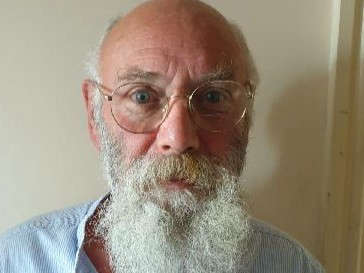 Longridge paedophile jailed for sexual abuse of two young girls
Longridge paedophile jailed for sexual abuse of two young girls
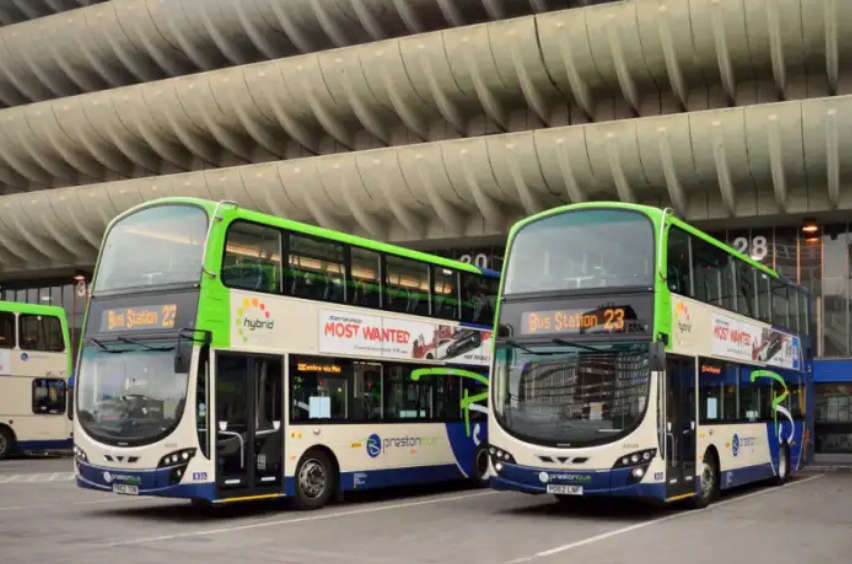 Preston Bus defend fare rise
Preston Bus defend fare rise
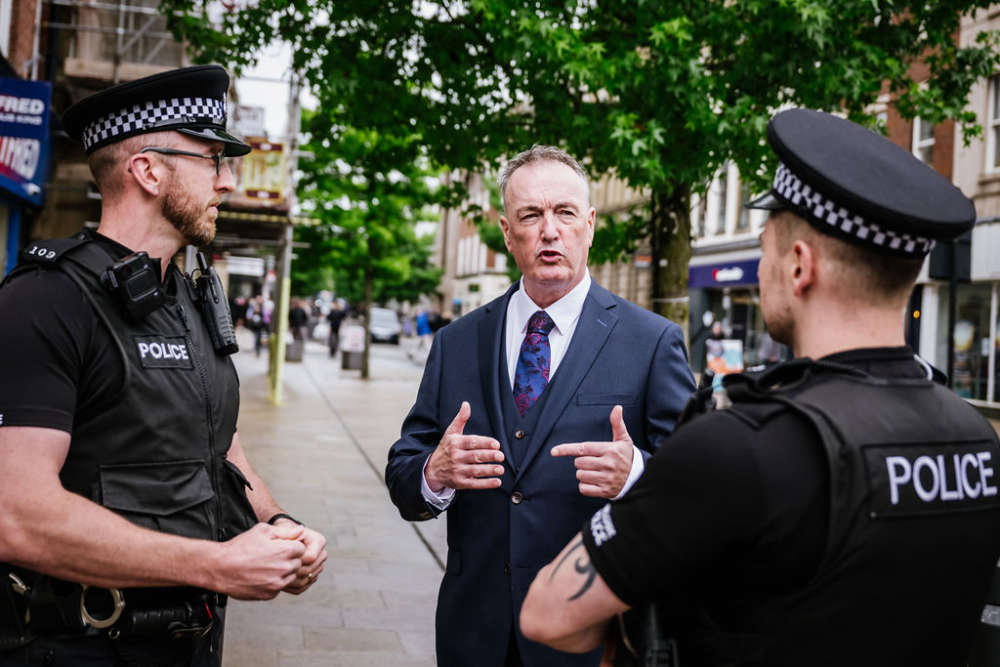 Police’s share of council tax to rise by 5.4%
Police’s share of council tax to rise by 5.4%
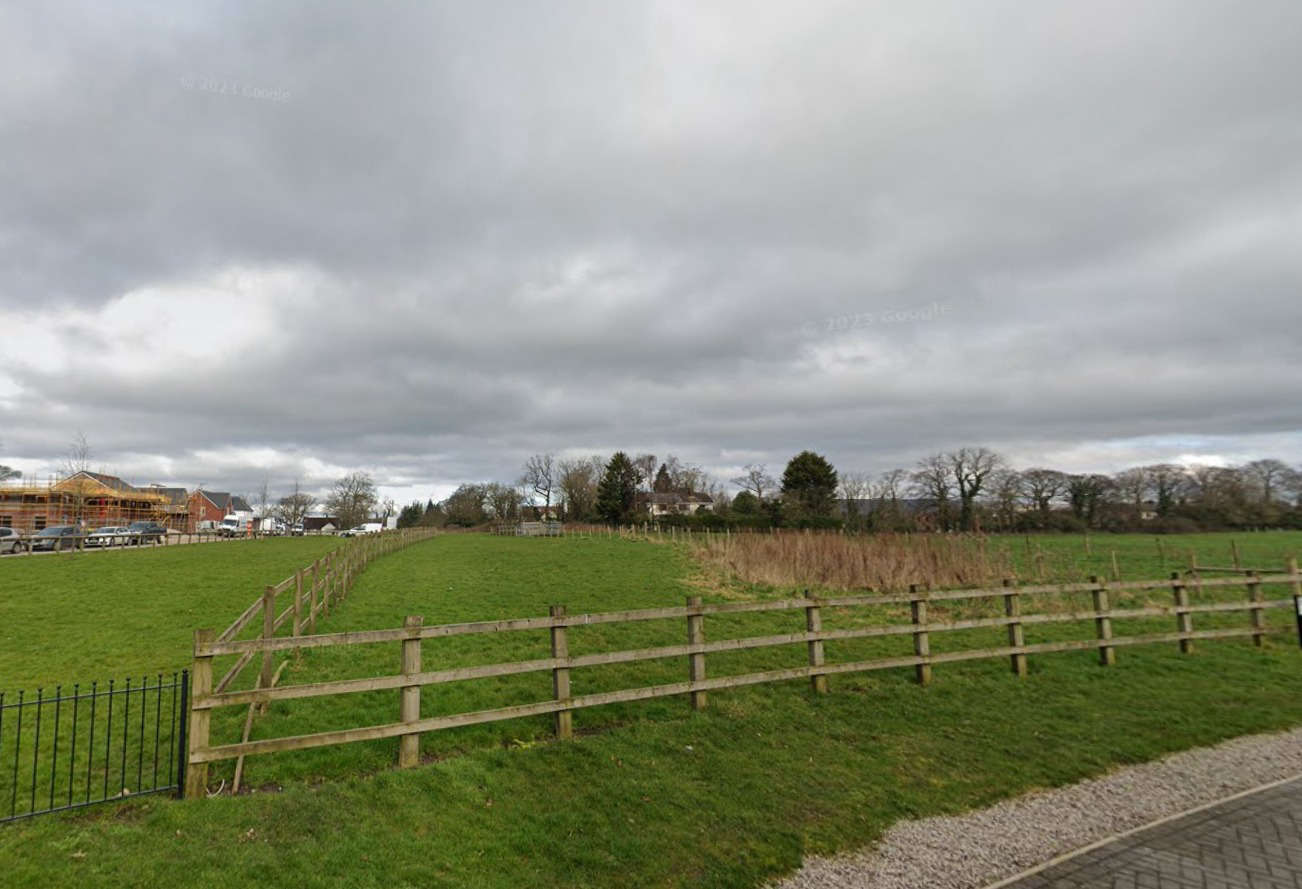 Temporary school planned for outskirts of Preston might never be built
Temporary school planned for outskirts of Preston might never be built
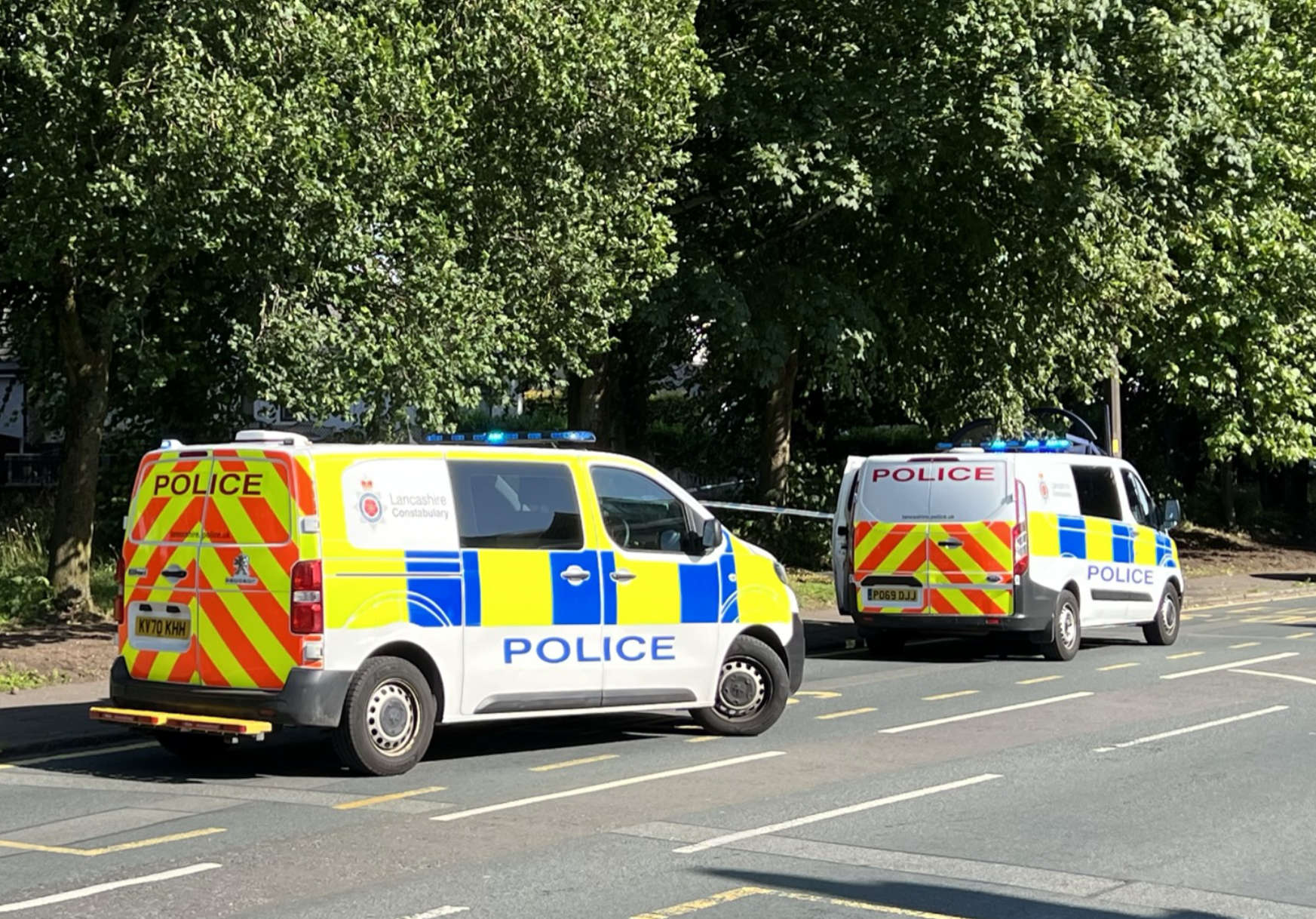 Teenage boy suffers fractured skull at Preston car meet
Teenage boy suffers fractured skull at Preston car meet
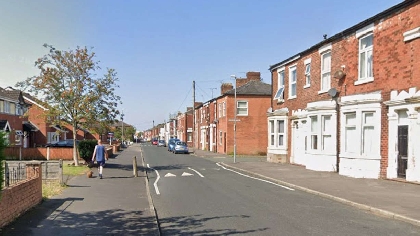 Antisocial behaviour rules proposed for parts of Preston
Antisocial behaviour rules proposed for parts of Preston
 Walk in the Dark event turns 18
Walk in the Dark event turns 18
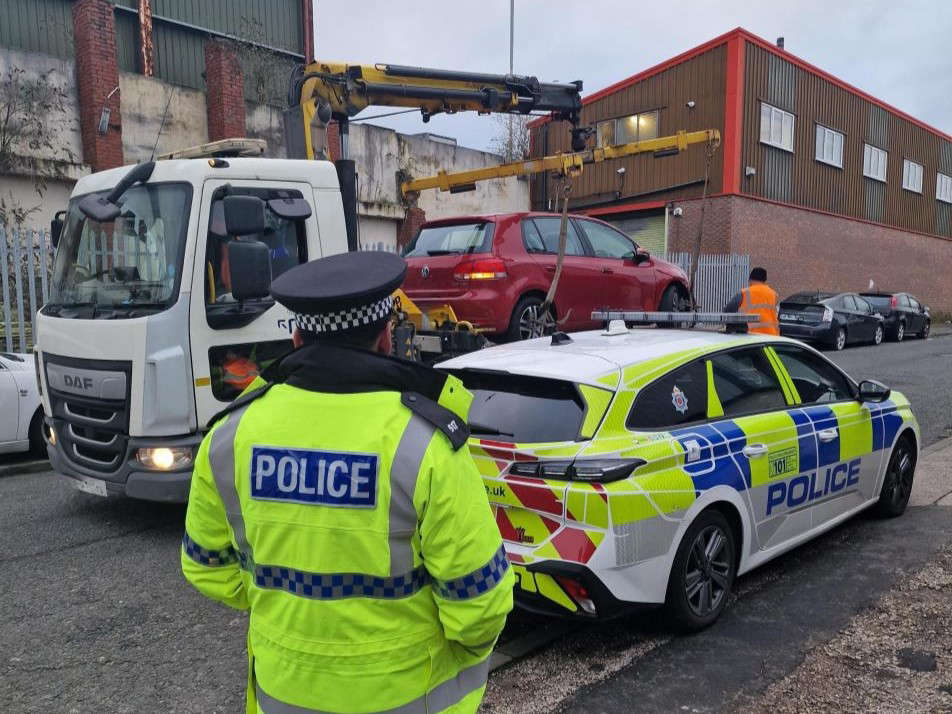 Fourteen illegal and abandoned vehicles seized in Preston enforcement drive
Fourteen illegal and abandoned vehicles seized in Preston enforcement drive








